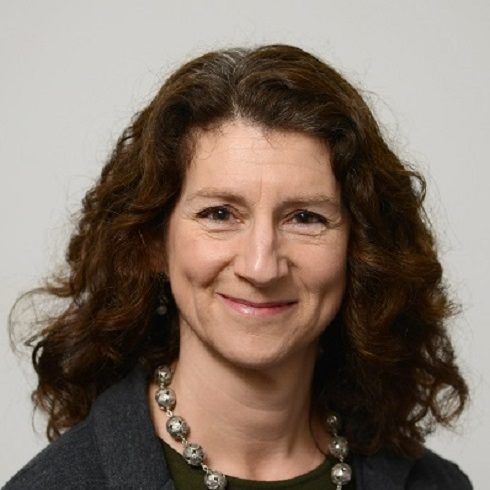– Helen Lambert –
Professor of Medical Anthropology
Department of Population Health Sciences Bristol Medical School
Contact
United Kingdom
Helen Lambert is Professor of Medical Anthropology in the Department of Population Health Sciences, Bristol Medical School. Her research interests include, infectious disease and AMR, traditional therapeutics and plural health systems, qualitative research methodologies and interdisciplinary global health research. She has extensive ethnographic and social science research experience in Asia and elsewhere on issues including HIV prevention and ART, medical pluralism and treatment-seeking, informal care provision, public understanding of biomedicine, and suicide prevention. She was heavily involved in the UK rapid research response to the COVID-19 pandemic and was co-investigator on a MRC-DHSC study evaluating public adherence to government guidelines on COVID-19 with Public Health England.
Helen has been a leading social science researcher of AMR for over a decade. Through her appointment as ESRC Research Champion for AMR in 2015-2016, Helen led advocacy initiatives in the UK to highlight the role of the social sciences in tackling AMR and build cross-disciplinary research capacity. Her own portfolio of interdisciplinary research including several multimillion pound projects focuses on AMR in Asia. She was PI of a the UK-China AMR Partnership Hub, STAR-China: Strategies to reduce the burden of antibiotic resistance in China (Newton Fund) and another Newton Fund study, Pathways to optimising antibiotic use in Anhui: Identifying key determinants in community and clinical settings co-led the social science workstream of a major GCRF project investigating One Health drivers of AMR in Thailand and led the anthropological workstream of ResPharm, a project investigating the role of pharmaceutical waste in the environment on AMR in India (NERC-DBT).
Helen currently leads a British Academy-funded project, Exploring Social and Cultural Determinants of Antibiotic Use in Semi-Urban Egypt. Other studies supported by BSAC, Wellcome Trust and other funders have investigated the implications of COVID-19 for antimicrobial stewardship in LMIC, the influence of sanitation in India and China on AMR, and the regulation of resistance in European and Asian healthcare systems. Helen has served on WHO’s Strategic Technical Advisory Group for AMR and from 2020-2022 was seconded to UKRI as GCRF (Global Challenges Research Fund) Challenge Leader for Global Health. She is a member of MRC’s Applied Global Health Research Board and at the University of Bristol she sits on the steering group for Bristol AMR and and the Management Board of the GW4 AMR Alliance. She has authored over 120 publications and two edited books including ~30 peer reviewed articles on AMR.
Further information on Helen is available on her institutional profile.
 Share
Share






Commentary
The latest commentary on the use of antimicrobials in society.
Care-ful collaboration: reimagining ethnography in transnational global health...
In this AMIS Commentary, Alice Tompson presents reflections on the collaborative working of the Antimicrobials in Society research teams, based...
AMR Training for Social Scientists
In this Q&A, Karlijn Hofstraat and Danny de Vries tell us about their “SPECIAL-SOC AMR” curriculum, a fantastic learning resource...
AMIS Final Report
We are delighted to release our AMIS Final Report. The report summarises the key activities, findings and outputs from the...